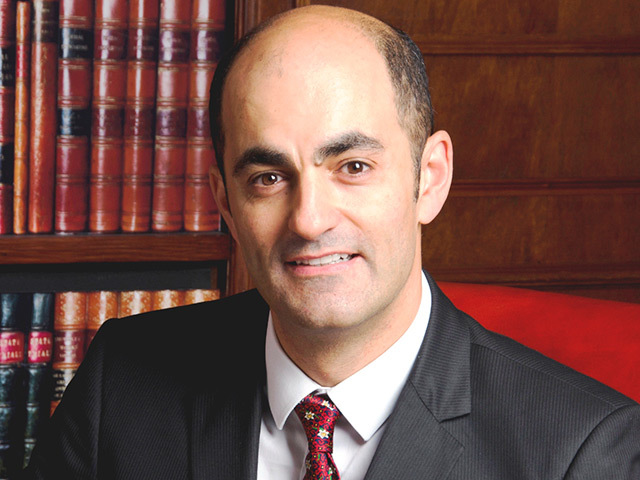
Europe’s latest move on shale gas is likely to leave a number of Euro-sceptics disgruntled.
Far from adding another layer of directive to regulate shale gas activities, the Commission just released on January 22, 2014, a recommendation aimed principally at providing guidance on the interpretation of environmental legislation.
This recommendation is introduced to make sure that the member states understand how to improve their legislation on challenges particular to shale gas and hydrofracking such as water usage or waste management.
The recommendation’s minimum principles should altogether inspire national policy makers regulating shale gas to further protect the environment and promote an efficient use of the resource while guaranteeing the citizens’ information and participation.
Announced in May 2013, the compendium of principles supplements the corpus of EU law which, from the planning phase to a site’s recommendation and the use of chemicals (REACH), now forms the policy framework that the EU officially regards as comprehensive and fit to regulate shale gas operations.
At first sight, this EU instrument may look like a mere invitation to take action. As we shall see, however, the recommendation stands for much more than this. At point 16, the document contains a warning: 18 months from January 2014, the Commission shall report on the member states’ actual endorsement of the principals listed in the recommendation. This means that the Commission will monitor and identify whether the member states have taken positive regulatory actions where needed.
This approach shows that Europe expects to see national regulators and industry operators take all useful steps towards improving, where necessary, their regulatory frameworks and bring forward industry practices that will ensure a sustainable exploitation of shale gas. To clear all doubts as to the compelling nature of its language, the Commission has expressly restated in the recommendation its right to take further action. This may mean introducing new, legally-binding, provisions regulating upstream activities relying on high volumes of hydraulic fracturing.
In other words, this recommendation may be a sign of the Commission’s flexibility but it should certainly not be looked as its final word on a possible future piece of EU legislation destined to regulate shale gas and hydrofracking activities across the Union.
The above recommendation reflects the EU’s policy-making approach which is not based on legislative action. Technically, a recommendation represents a form of EU law-making resting on non-binding soft law bodies of rules.
The recommendation thus invites national governments to improve their regulatory frameworks according to the EU’s governments opening for upstream licensing on shale gas to take action on a list of top regulatory or environmental priorities.
In practice, this flexible law-making approach should lead the member states to self-regulate where necessary and supplement, revise or improve their policies. The recommendation sends also an indirect invitation to bring national governments and their interested shale gas operators together in an exercise of self-regulation that should reflects the recommendation’s principles. As a result, this piece of European soft-law should not be regarded as mere guidelines issued “for information only”.
Even if introduced through a soft law instrument, the principles spell out the minimum standards Brussels now expects to find in national frameworks on shale gas across Europe. The recommendation should not either be regarded as permanent alternative to legislation. It should rather be seen as aiming to achieve the same function as a piece of EU legislation, but with a more flexible mindset.
Failing for the European governments to understand that they now have to take minimum action to address all regulatory aspects associated with shale gas, the Commission has already issued a warning: it shall revive the prospect of a full-fledged Brussels-made piece of legislation.
Nicolas Maulet is a lecturer in energy law and policy, and dispute resolution in oil and gas contracting, at Robert Gordon University’s (RGU) Aberdeen Business School. He is also the deputy course leader on the oil and gas law LL.M.
Recommended for you
